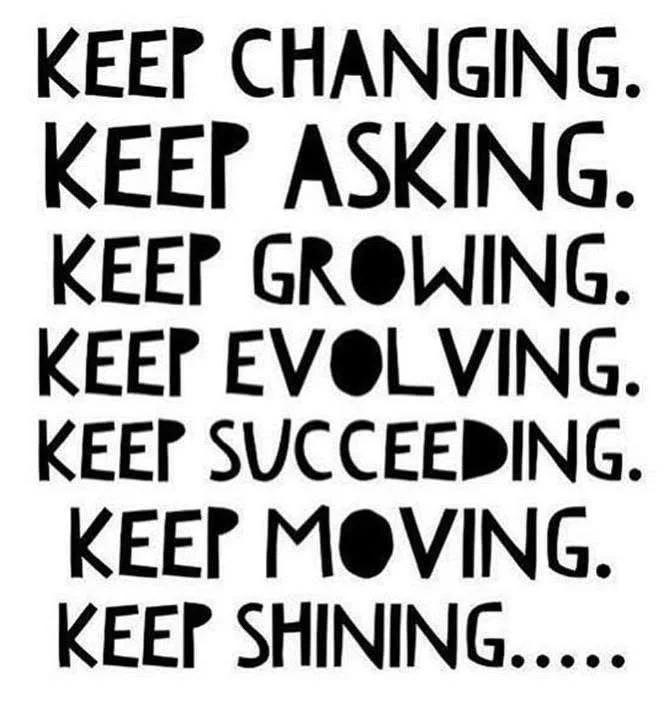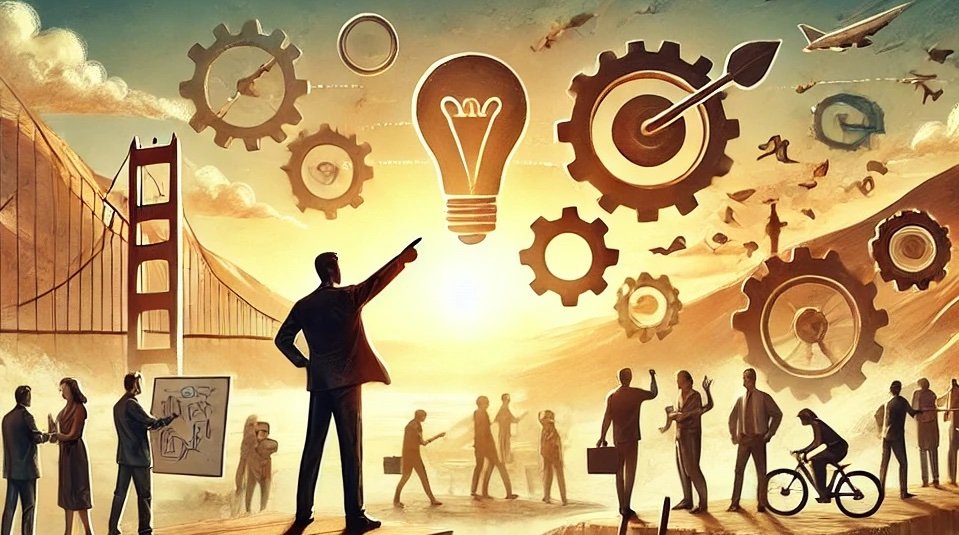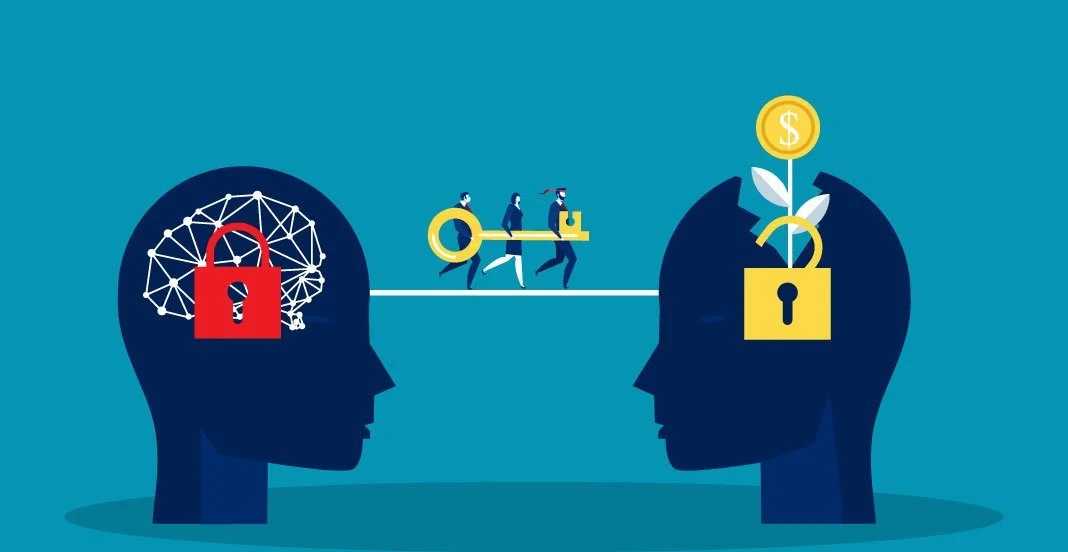Meritocracy assumes a level playing field, but structural inequalities (e.g., access to education, networking, and mentorship) mean some groups start with disadvantages. Research shows that unconscious biases influence hiring, promotions, and leadership opportunities. The big question is would DEIB (Diversity, Equity, Inclusion, and Belonging) initiatives be necessary if true meritocracy—where individuals are evaluated and rewarded solely based on their abilities, performance, and contributions—worked perfectly?
““Even after all this time the sun never says to the earth, “You owe me.”
Look what happens with a love like that, it lights the whole sky.””





















